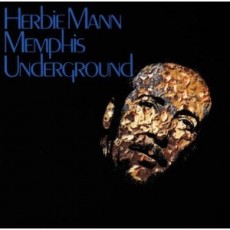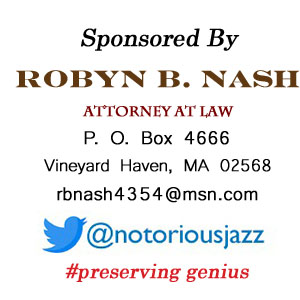
Daily Dose Of Jazz…
Herbie Mann was born Herbert Jay Solomon on April 16, 1930 in Brooklyn, New York and while attending Lincoln High School in Brighton Beach, failed a music class. Be that as it may his first professional gig was in the Catskills at age 15. During the 1950s was primarily a bop flutist, playing in combos with artists such as Phil Woods, with occasional forays into bass clarinet, tenor sax and solo flute.
An early pioneer in the fusing of jazz and world music, he has incorporated elements of African, Afro-Cuban, Brazilian, Reggae, Middle-Eastern and Eastern European styles into his music. During the Sixties he was jazz’s preeminent flutist with his emphasized groove approach coming to the fore on his albums Memphis Underground and Push Push due to the rhythm section locked in one perception. It was mid-60’s period that he hired a young Chick Corea to play in some of his bands.
Mann’s shift to a more smooth jazz during the Sixties brought criticism from purist but allowed him to remain relevant as interest in jazz waned. He worked with Cissy Houston, Duane Allman, Larry Coryell, Donald “Duck” Dunn and Chuck Rainey, along with Al Jackson and Bernard Purdie out of Muscle Shoals in Alabama. His #1 dance hit Hijack stayed on the charts for three consecutive weeks in 1975.
In this period Mann had a number of songs cross over to the pop charts, a rarity for a jazz musician. He has provided music for the animated short film Afterlife, founded his own label, Embryo Records, that produced jazz albums, such as Ron Carter’s Uptown Conversation, Miroslav Vitous’ first solo album, Infinite Search; and Phil Woods and his European Rhythm Machine at the Frankfurt Jazz Festival. In 1996, Mann collaborated with Stereolab on the song “One Note Samba/Surfboard” for the AIDS-Benefit album Red Hot + Rio. Herbie Mann’s last appearance was on May 3, 2003 at the New Orleans Jazz and Heritage Festival at age 73, passing away that same year on July 1, 2003 after a long battle with prostate cancer.
More Posts: flute


